Wagner’s Dutchman flies to Beijing By Martin Bernheimer – The Financial Times
Wagner’s Dutchman flies to Beijing
By Martin Bernheimer – The Financial Times
The city’s shimmering ‘Bird’s Egg’ has just hosted the ultra-Germanic opera
Beijing’s National Centre for the Performing Arts stages ‘Der fliegende Holländer’
Beijing can boast numerous wonders of the Asian world – geographic, historic, political and/or sociological. The newest must be the National Centre for the Performing Arts, universally abbreviated NCPA.
Affectionately called “The Bird’s Egg” by irreverent observers, it competes with Tiananmen Square and the Forbidden City as a mecca for the culturally inclined. Inaugurated in 2007, it has easily outclassed comparable arts complexes worldwide in matters of amplitude, modernity, cost and, perhaps most notable, technological wizardry.
Designed by the French architect Paul Andreu, whose speciality has involved futuristic airports, the NCPA is a shimmering elliptical dome of titanium and glass surrounded by greenery and erected on an artificial lake. Call it an incongruous mirage.
Entering the mirage, a jetlagged tourist and his escorts stroll through indoor gardens, winding corridors and elegant foyers, all flanking exhibition halls, fancy restaurants and commercial poster galleries. Ultimately, the route leads to four splendid theatres.
The opera house, the greatest internal attraction, accommodates 2,400. Big by European and Chinese standards, it seems intimate compared with the Metropolitan Opera in New York, capacity 4,000. Neighbouring showplaces include a relatively spacious concert hall, a playhouse and an experimental studio.
For all practical purposes, and most impractical purposes too, the centre is run by its genial, omnipresent president, Chen Ping. Possibly the most powerful force in current Chinese culture, he functions, with surprising informality, as official leader, bureaucratic boss, aesthetic impresario, prime publicist and, perhaps most imposing, proud lord of the manor. Assuming the vague title of opera production consultant, a well-travelled expert named Giuseppe Cuccia seconds him in complicated matters of casting and booking.
After briefing a trio of visiting journalists (this one from New York, the others from Madrid) over leisurely tea, Chen Ping offers an impromptu tour of the huge building. His loyal underlings admit surprise at the gesture.
He guides his guests from the dizzying top of the flies to the immaculate boiler rooms at the lowest depths. He demonstrates scenic devices, manipulates lights and props. He shows familiarity with every door, every maze, every lock, every rehearsal alcove, every storage closet. And, yes, he knows the number of toilets in his sprawling empire. He commands a vast army of employees yet greets each soldier, no matter how subservient, by name.
The Chinese press is part of his team, he avers. Writers are expected to reinforce goodwill for opera in Beijing. When an iconoclastic visitor (this iconoclastic visitor) asks if a local critic could write a negative notice of an event at the NCPA, the answer is simple: “No.”
Chen Ping is eager to present conventional opera on an international level, together with traditional nationalistic offerings. His current project, much anticipated, is Wagner’s Der fliegende Holländer, which has never been performed by any Chinese company. Until now, Wagner has remained a concert rarity or an isolated offering imported by a foreign institution.
This Fliegende Holländer had to be Chen Ping’s moment of artistic truth. “I believe the NCPA version will bring Chinese audiences closer to Wagner’s works,” he says through an interpreter, “giving them a chance to appreciate their distinctive charm.”
To oversee the ultra-Germanic excursion, Beijing turned to Giancarlo del Monaco, a versatile Italian director who had scored success here last year with Tosca. For his designer, Del Monaco brought William Orlandi, the scenic accomplice for Puccini’s potboiler. Obviously, both gentlemen knew how to play with the unparalleled resources of the NCPA. Using a unique barrage of projections created by Sergio Metalli, they flooded the stage with images of billowing, churning, throbbing, rising, falling waves. Incessant rocking and bobbing afflicted Daland’s creaky fishing-vessel as well as the Dutchman’s phantom ship (which materialised virtually out of nowhere). The waters calmed only for a few crucial minutes when Senta first confronted her ghostly suitor. Despite sea-storm gimmickry masquerading as symbolism, the effect was hypnotic. Elsewhere, images vacillated between realism (hearty ho-ho-ho villagers at play) and surrealism (the walls of Senta’s home vanishing so the heroine can welcome her precarious intruder on a sprawling raft).
The musical leadership was entrusted to Lu Jia, a Chinese conductor with considerable experience in Europe. His greatest challenge involved the creation of echt Wagnerian sonorities with a marvellously eager, astonishingly youthful, essentially inexperienced orchestra and chorus. Both ensembles did better than one had any right to expect.
Two casts took the stage, the first “international”, the second essentially Chinese (with many artists trained abroad). Although the performances were uneven, one had to admire a constant aura of dedication. On opening night, the veteran Danish soprano Eva Johansson enacted Senta with such passion that one forgave some stridency under pressure. Thomas Gazhei snarled the Dutchman’s agonies with near-hysterical abandon. Jan-Hendrik Rootering offered a properly crusty if somewhat rusty Daland. Philip Webb sang Erik bravely, indisposition notwithstanding. On the second night, Zhang Yalun, who has done some Verdi at the Met, portrayed the Dutchman with heroic amplitude and stamina. His colleagues tried hard but varied from competent to not competent.
The audiences did not perform predictably. People walked in and out at will, as if they were at the movies. They chatted, changed seats, took photos, toyed with phones. They absorbed useful information flashed on the proscenium (in both Chinese and English): “Prelude… Intermission… Scene Change… The End”. Finally, they bestowed ritual ovations as each participant took a bow under supertitles identifying his or her assignment.
During the course of the opera, little attention was paid to the rules of propriety printed on the back of every ticket. Still, some official admonitions impressed at least one observer. “People who are drunk or inappropriately dressed will be denied entry… Please turn off your mobile or switch to silence…. Keep quiet and enjoy the performance in accordance with theatre decorum…. Taking photos is strictly prohibited…. Please leave in order and do not stick around after the performance.”
As far as an outsider could tell, the Fliegende Holländer premiere was a big success, Beijing style. No one got sea-sick. No one seemed intoxicated by anything but the music. No one stuck around after the performance.




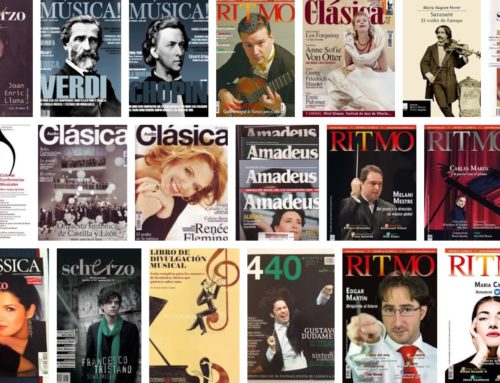
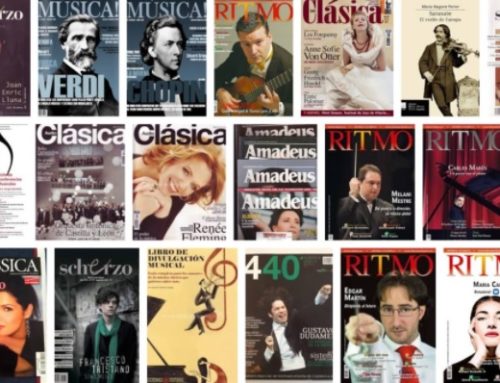
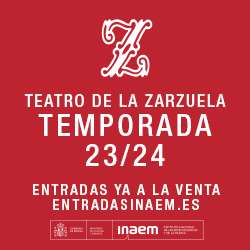

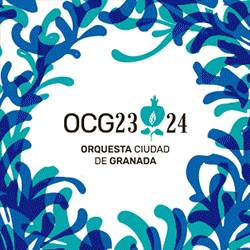
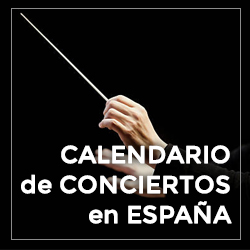
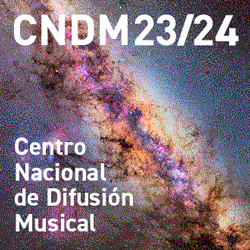
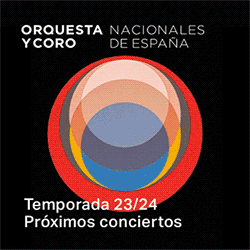
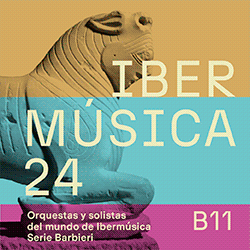
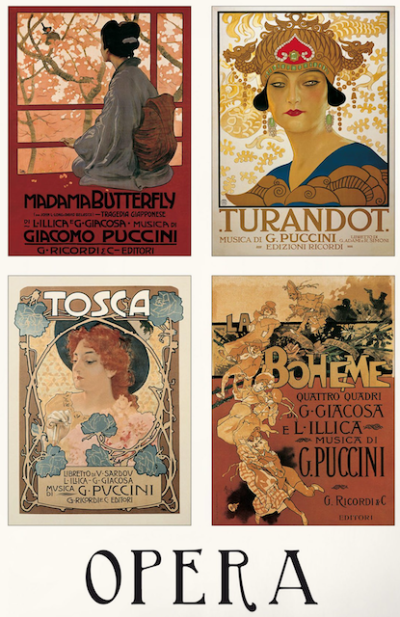
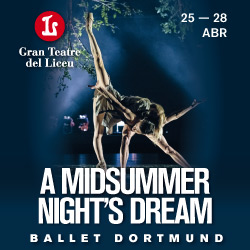
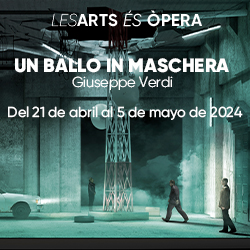
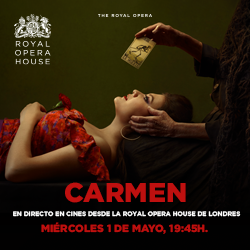


Últimos comentarios